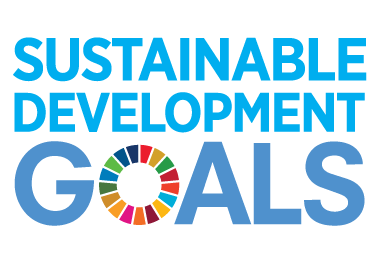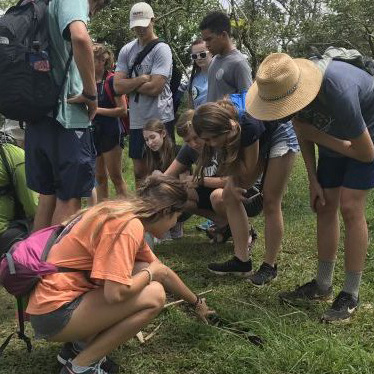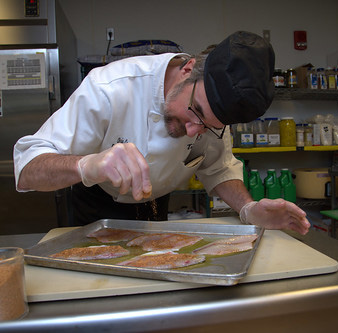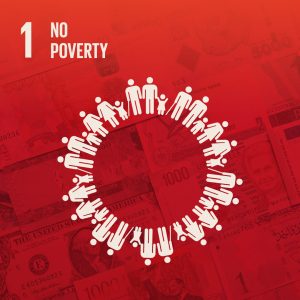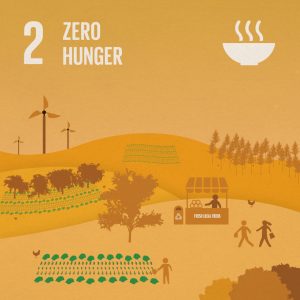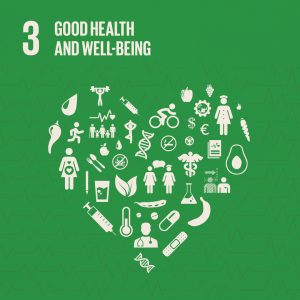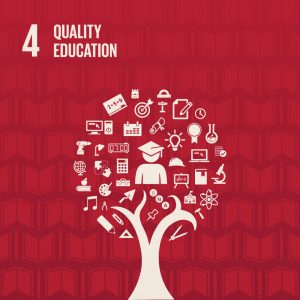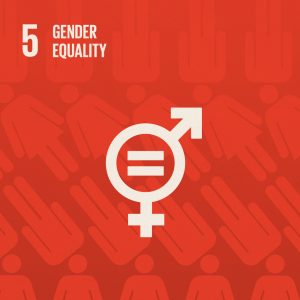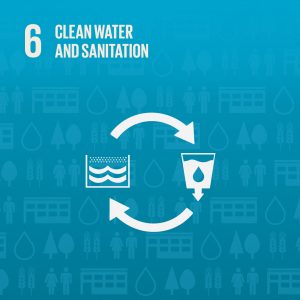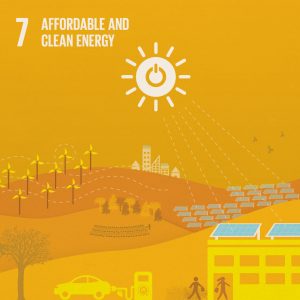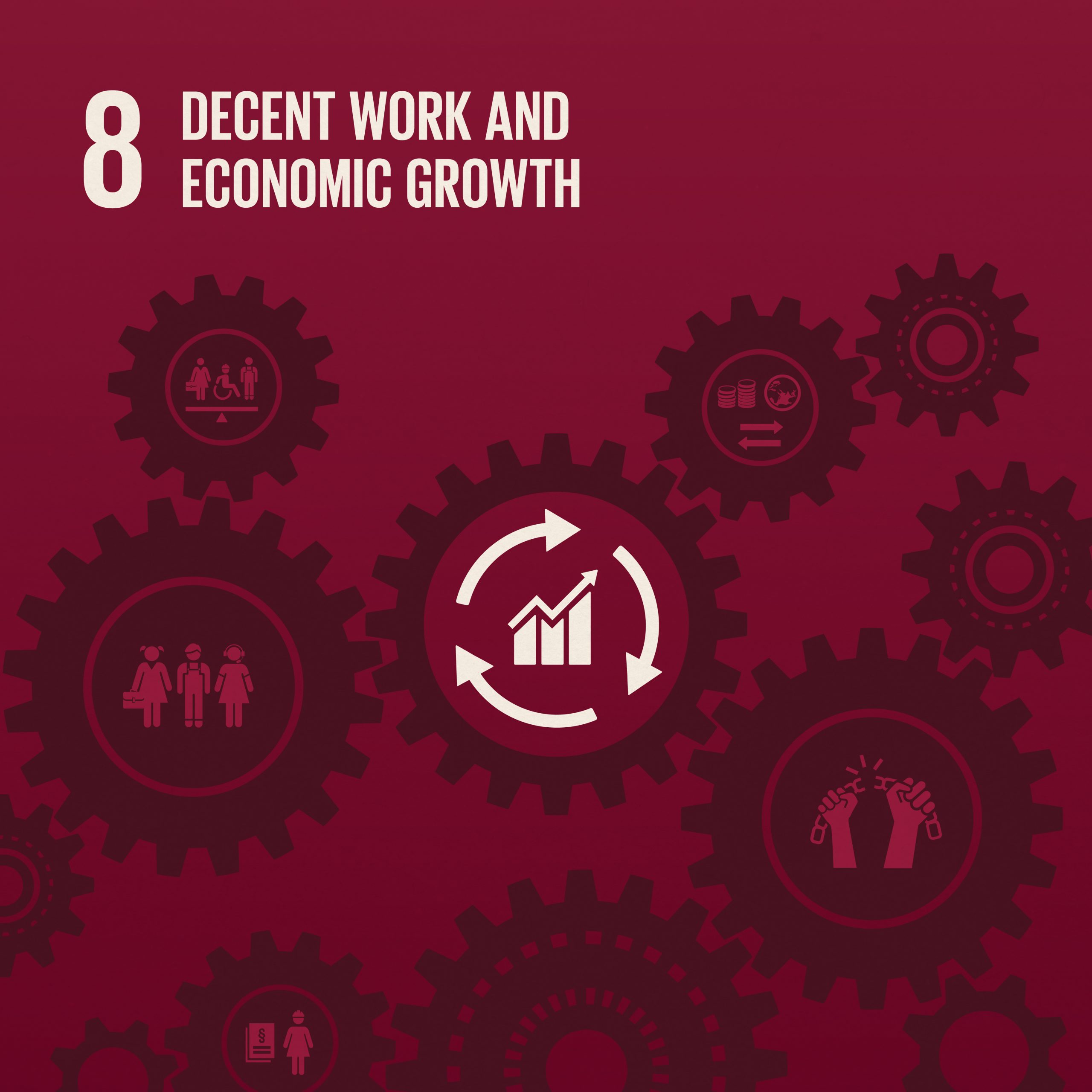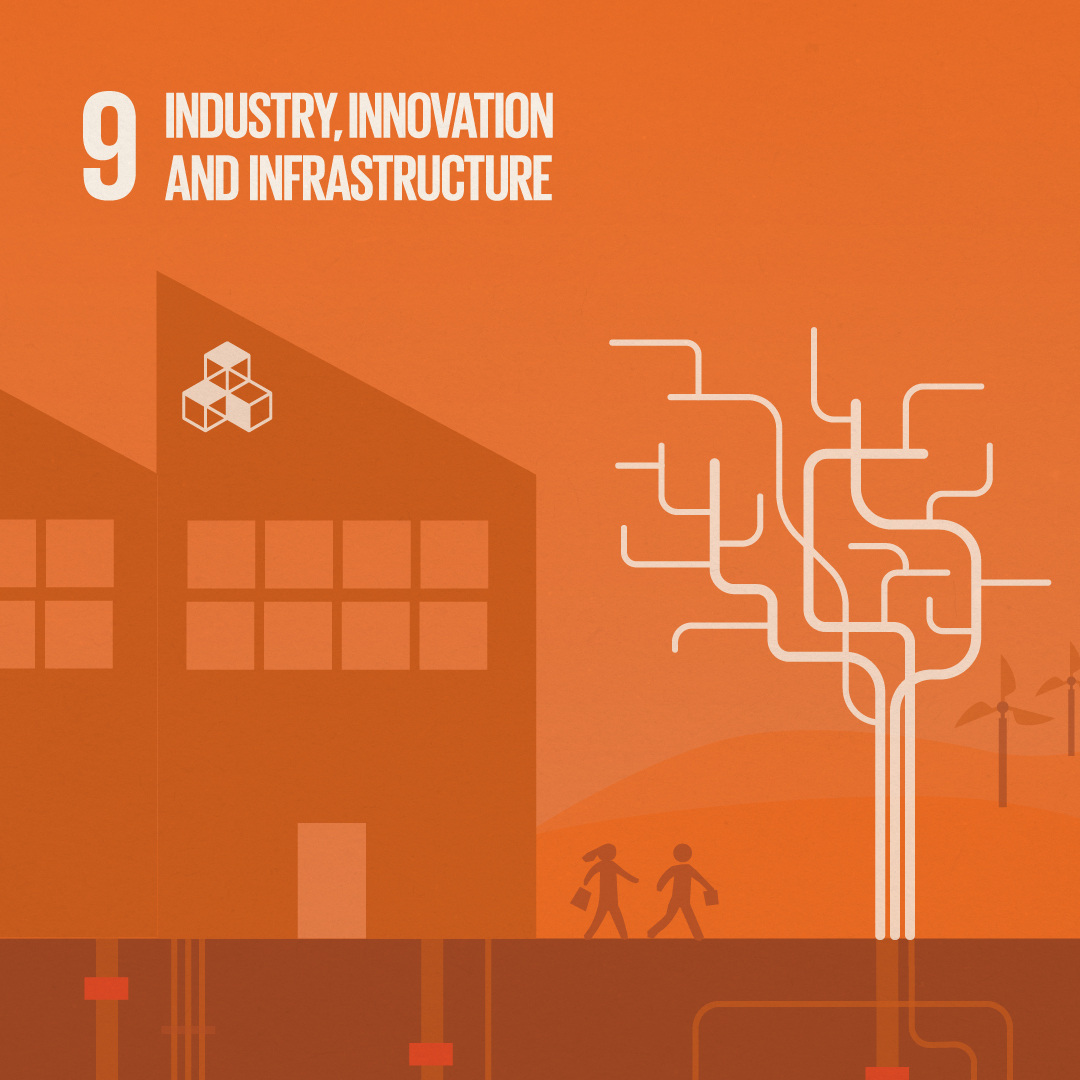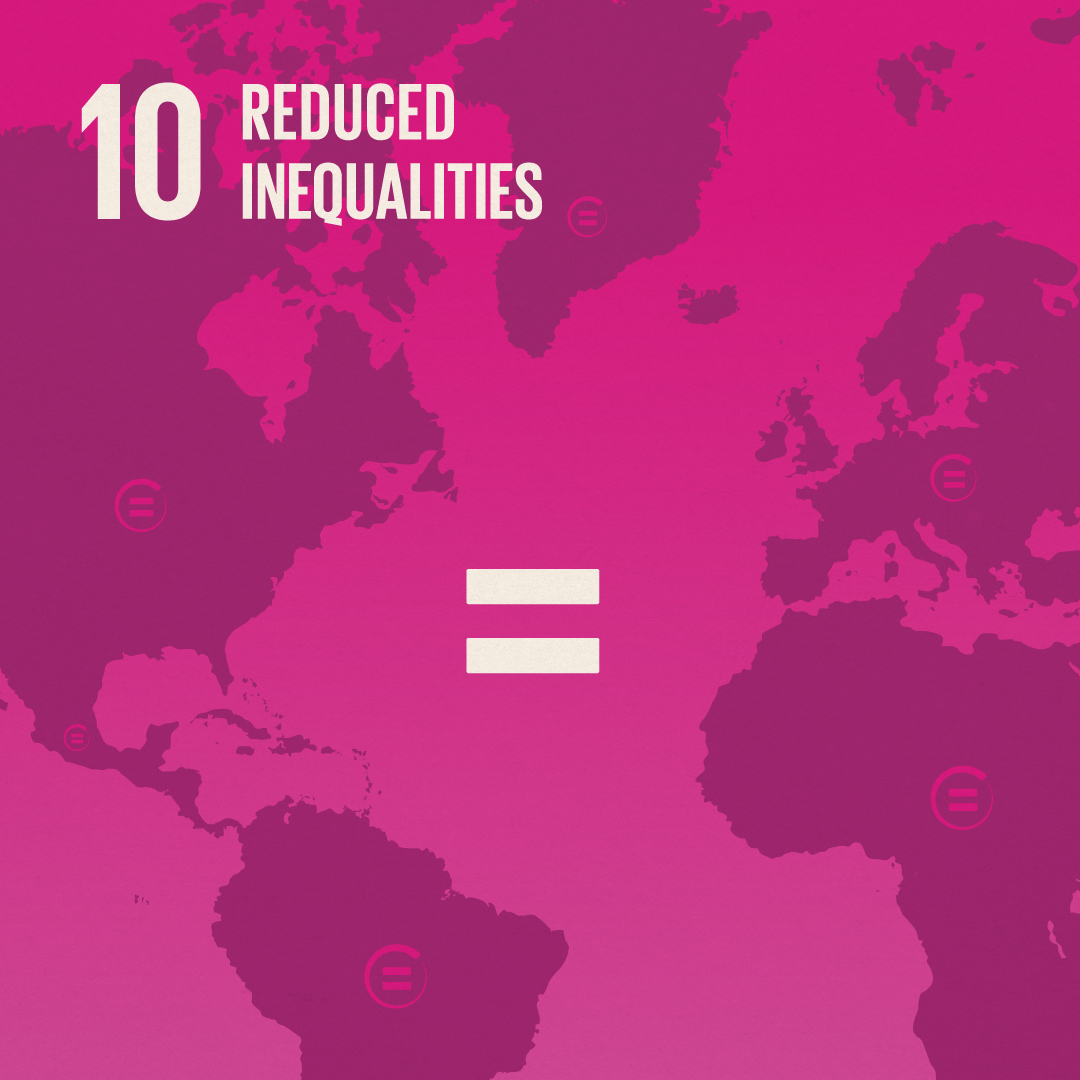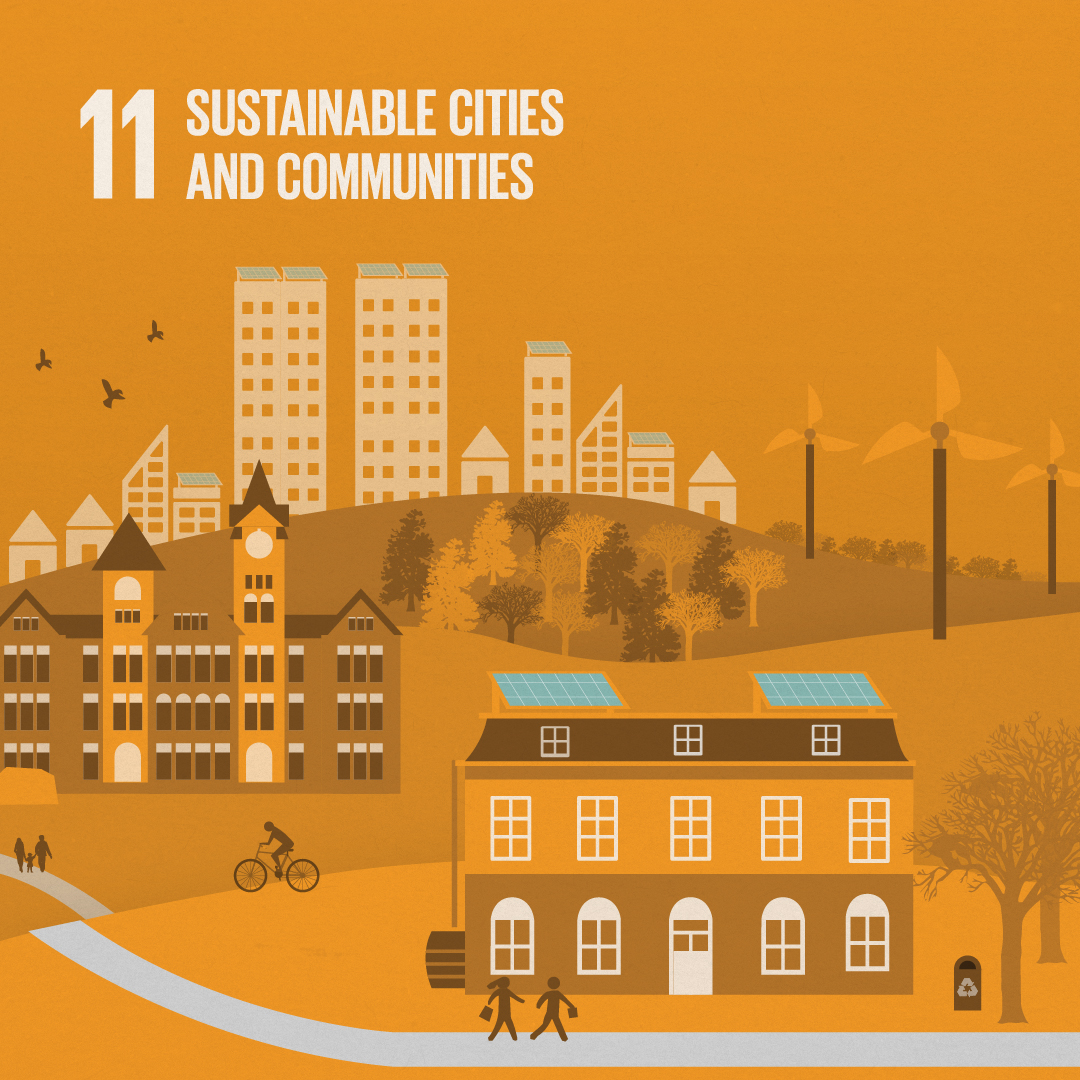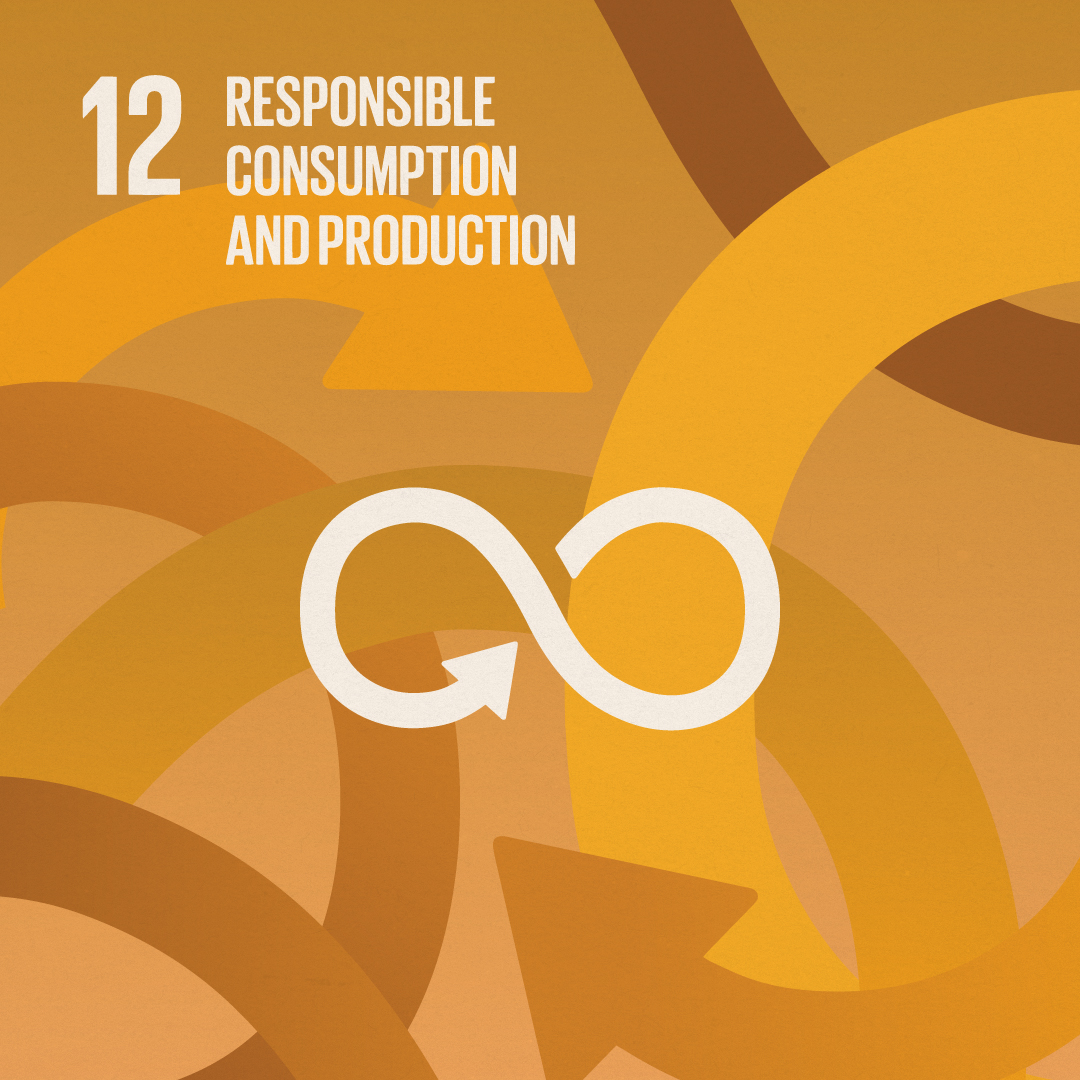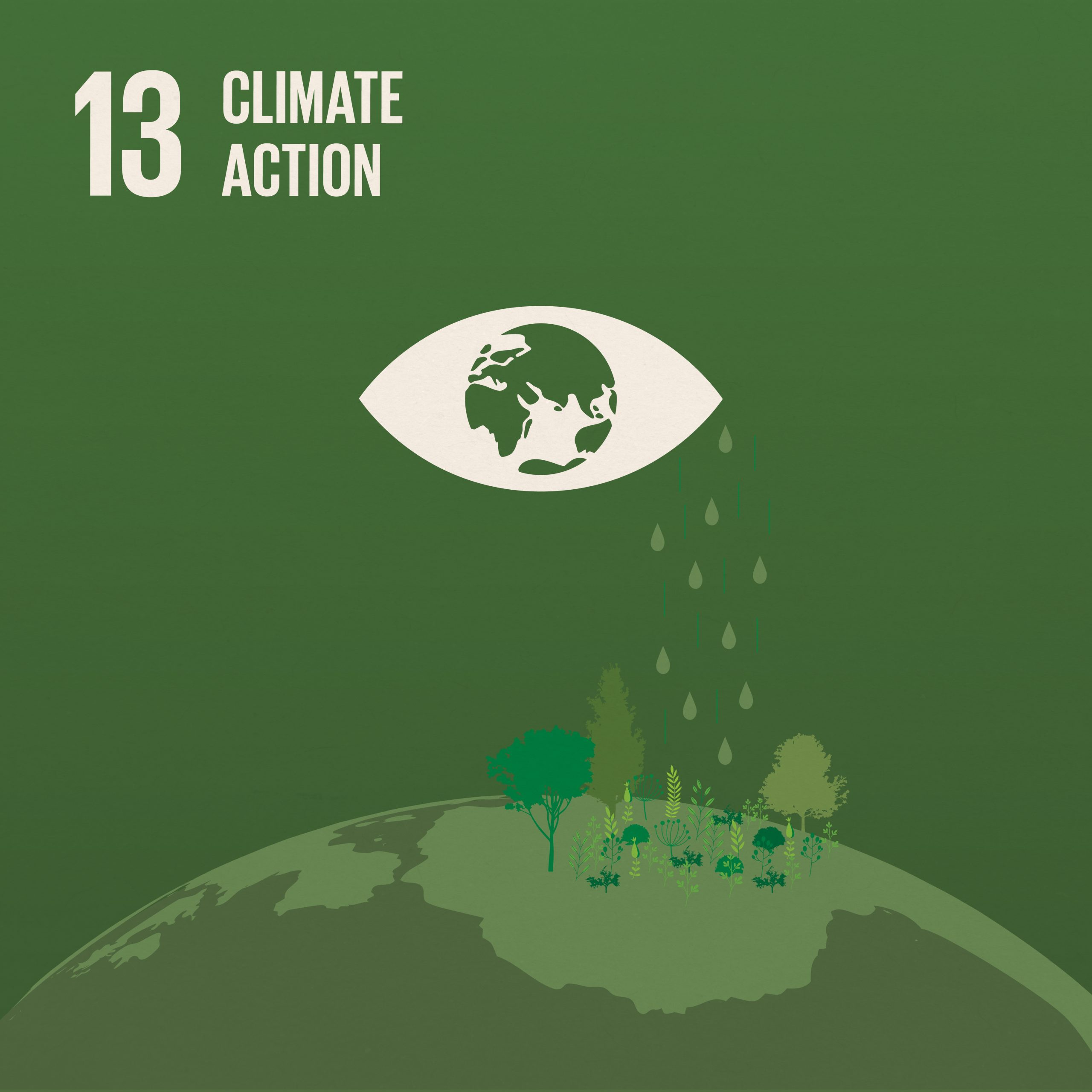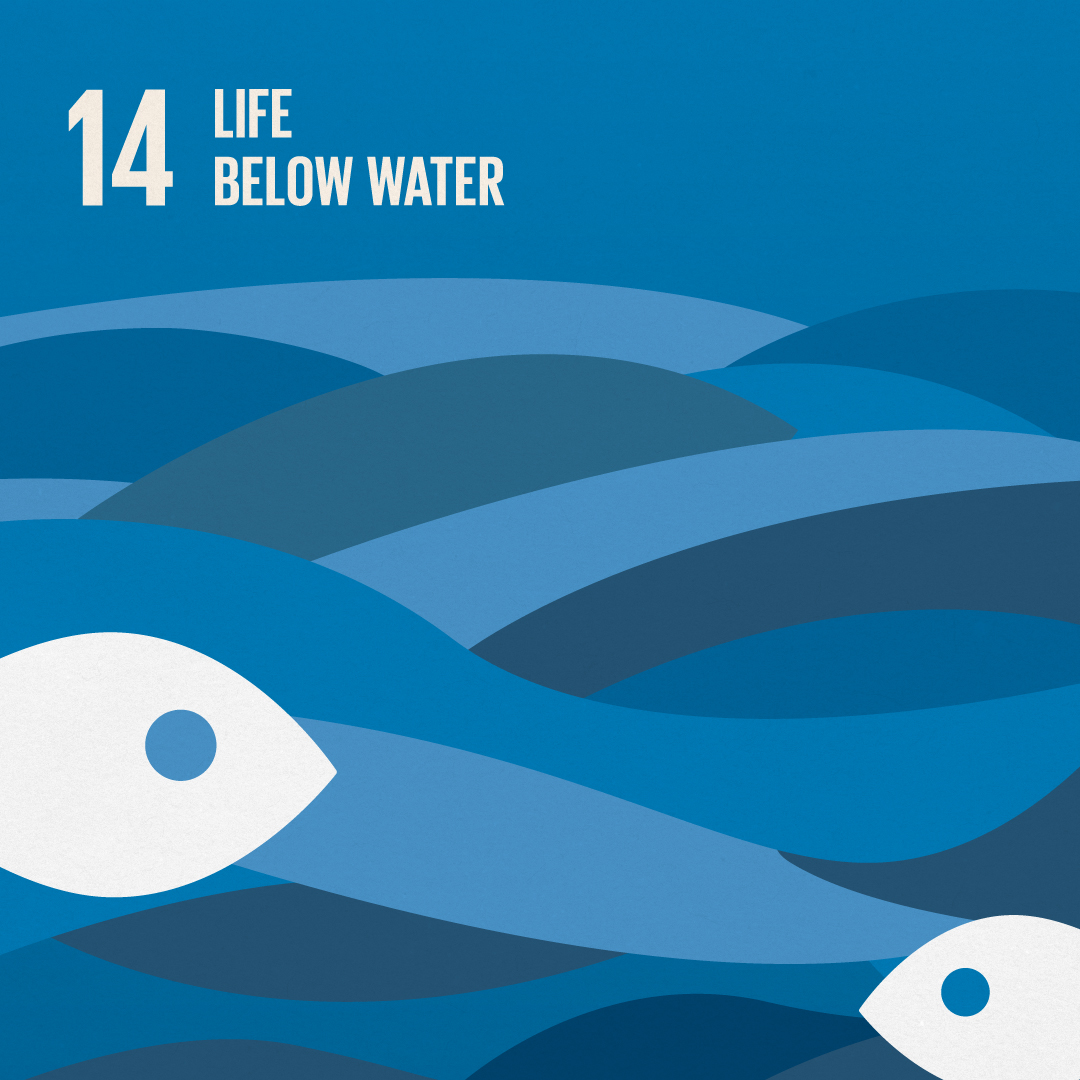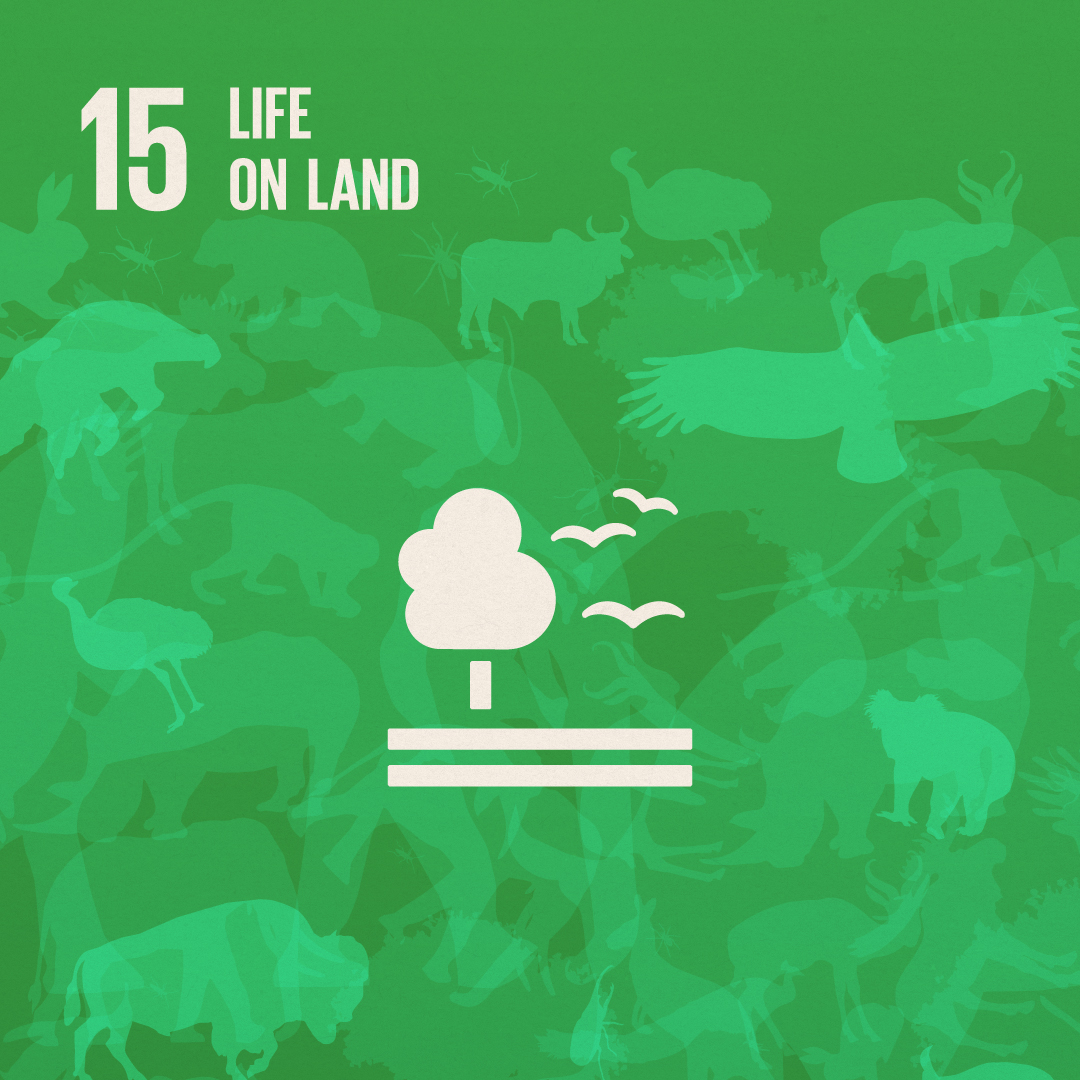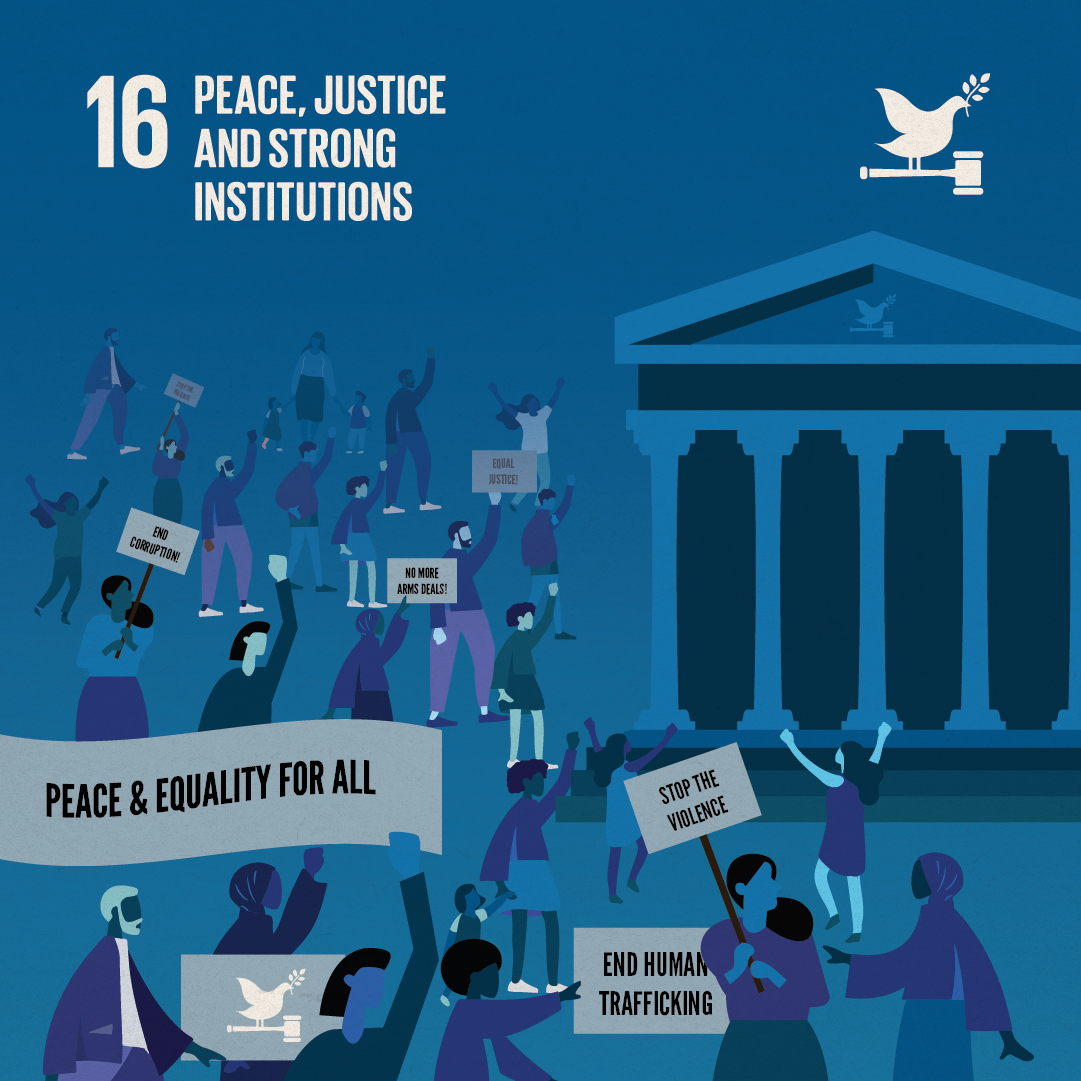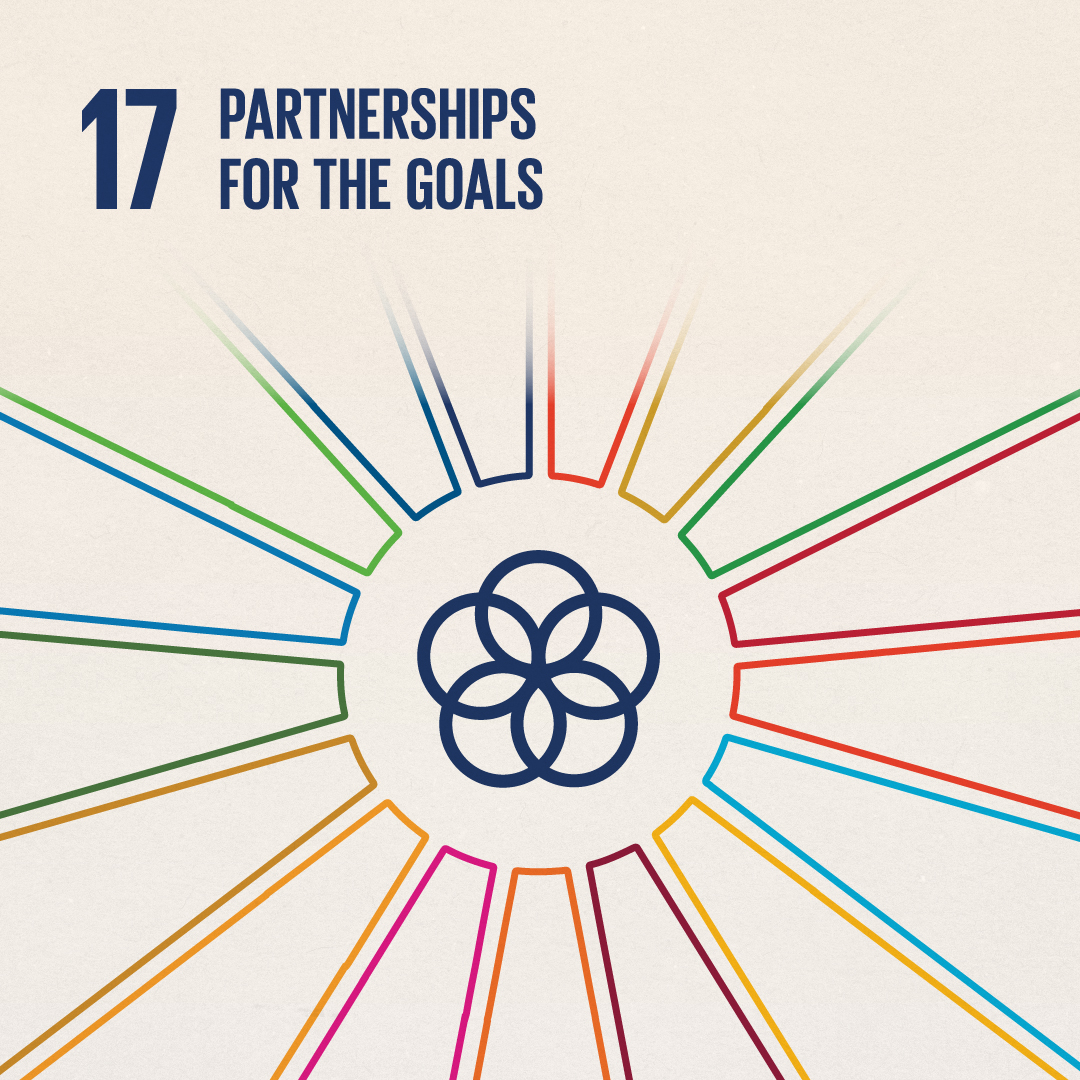Strengthening the means of implementation & revitalizing the global partnership for sustainable development is the purpose of Sustainable Development Goal 17 (SDG 17). This goal aims to enhance economic stability, increase trade of ideas & goods, & coordinate & measure progress.
Actions, stories, & resources related to SDG 17: Partnerships for the Goals are shared in our latest Auburn University and the United Nations Sustainable Development Goals report. They are shared below to illustrate Auburn’s impact. They are shared below to illustrate Auburn’s impact.
For an overview highlighting our commitment to the Sustainable Development Goals (SDGs), please visit aub.ie/sdg.

